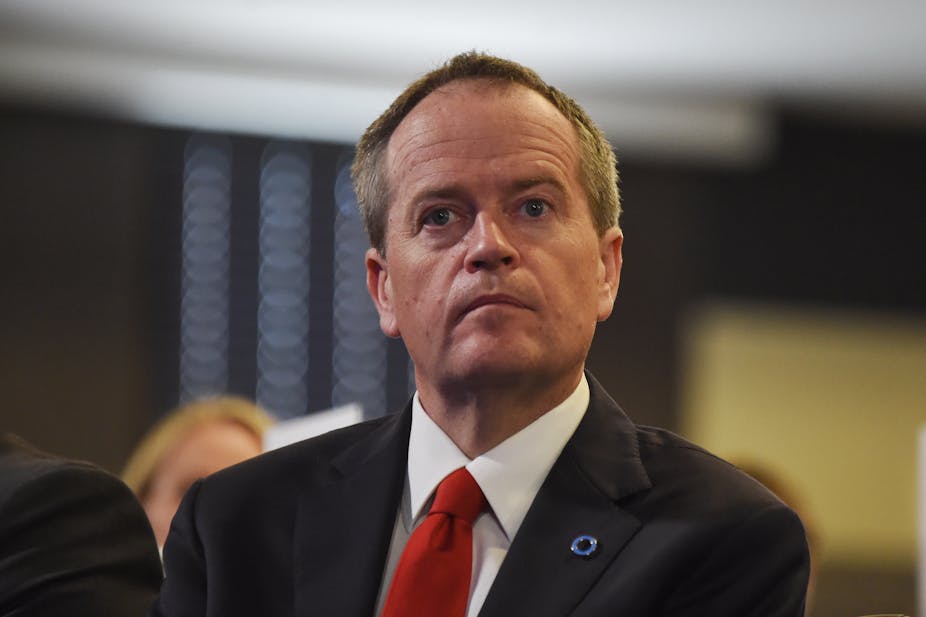Bill Shorten will give evidence at the royal commission into union corruption, which is probing the conduct of the Australian Workers Union, of which he is a former Victorian and national secretary.
The commission asked him to appear, and Shorten confirmed he would volunteer to attend.
Commission lawyers contacted Shorten’s lawyers late on Wednesday nominating late August-early September for an appearance. His lawyers said he was happy for it to be any time.
Information from the inquiry has revealed that in 2005 – during Shorten’s period of office – the union invoiced Winslow Constructors for more than A$38,000 to cover dues for 105 AWU members.
Shorten said in a statement late on Friday that he had said since the commission was set up that he would co-operate with it.
“I welcome the opportunity to talk about my 21-year record standing up for workers,” Shorten said.
“I have an absolute zero tolerance for corruption or criminality in the workplace – whether you are an employer, employee or union representative.
"I always put the interests of workers first as their representative, just as I always put the interests of Australian families first as opposition leader.”
Shorten said he would not be responding to matters being considered by the commission until he appeared.
The opposition dubs the commission a political exercise but it has been worried about its capacity to damage Labor and Shorten.
Speaking before Shorten’s statement, Tony Abbott said he should “level with the Australian people”.
“He needs to explain what kind of sweetheart deals if any took place under his leadership. What we know thanks to the royal commission over the last week or so is that the AWU did agree to arrangements which dudded workers but helped the unions.
"We need to know whether any of that kind of thing happened when Bill Shorten was in charge.”

